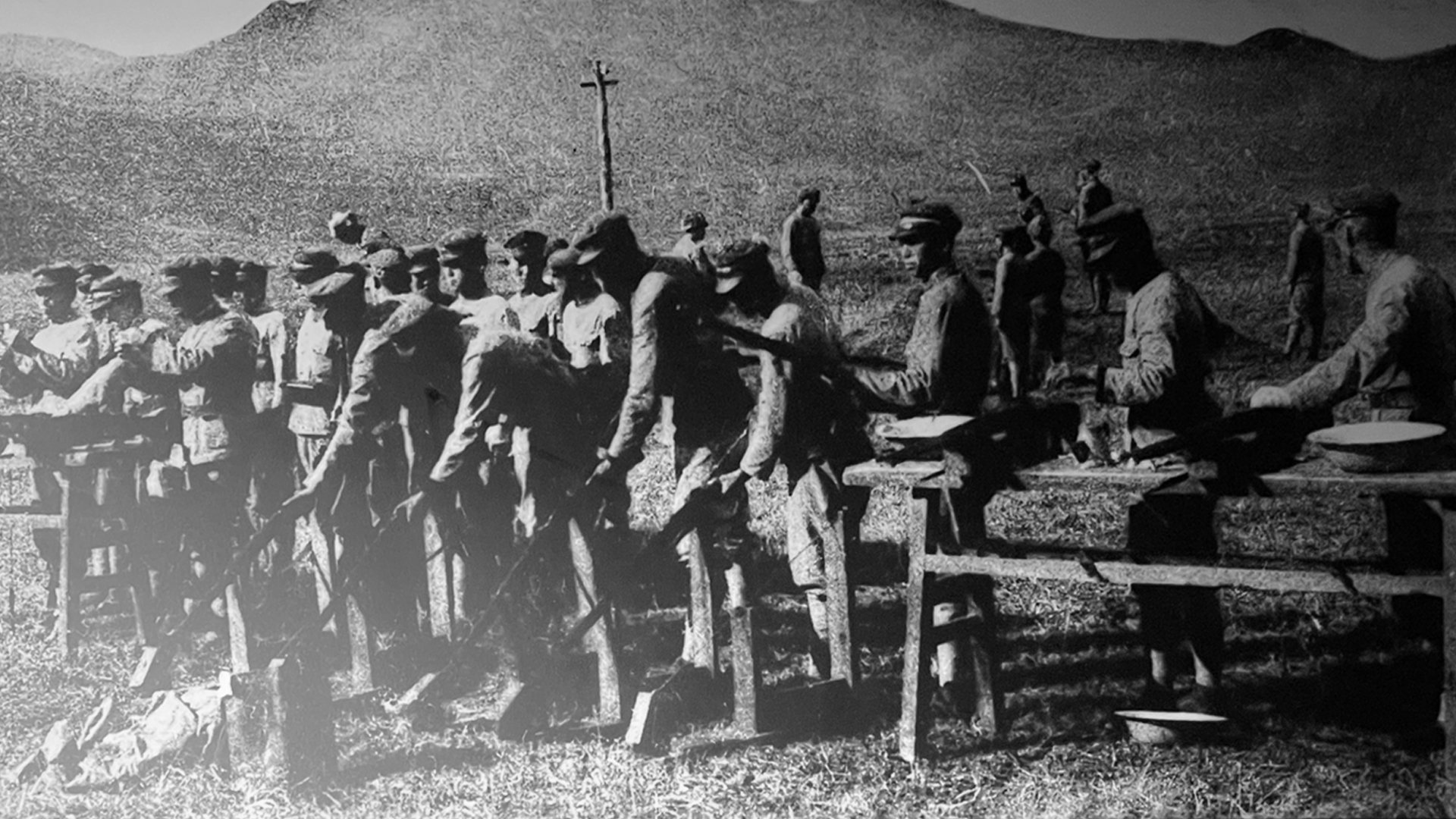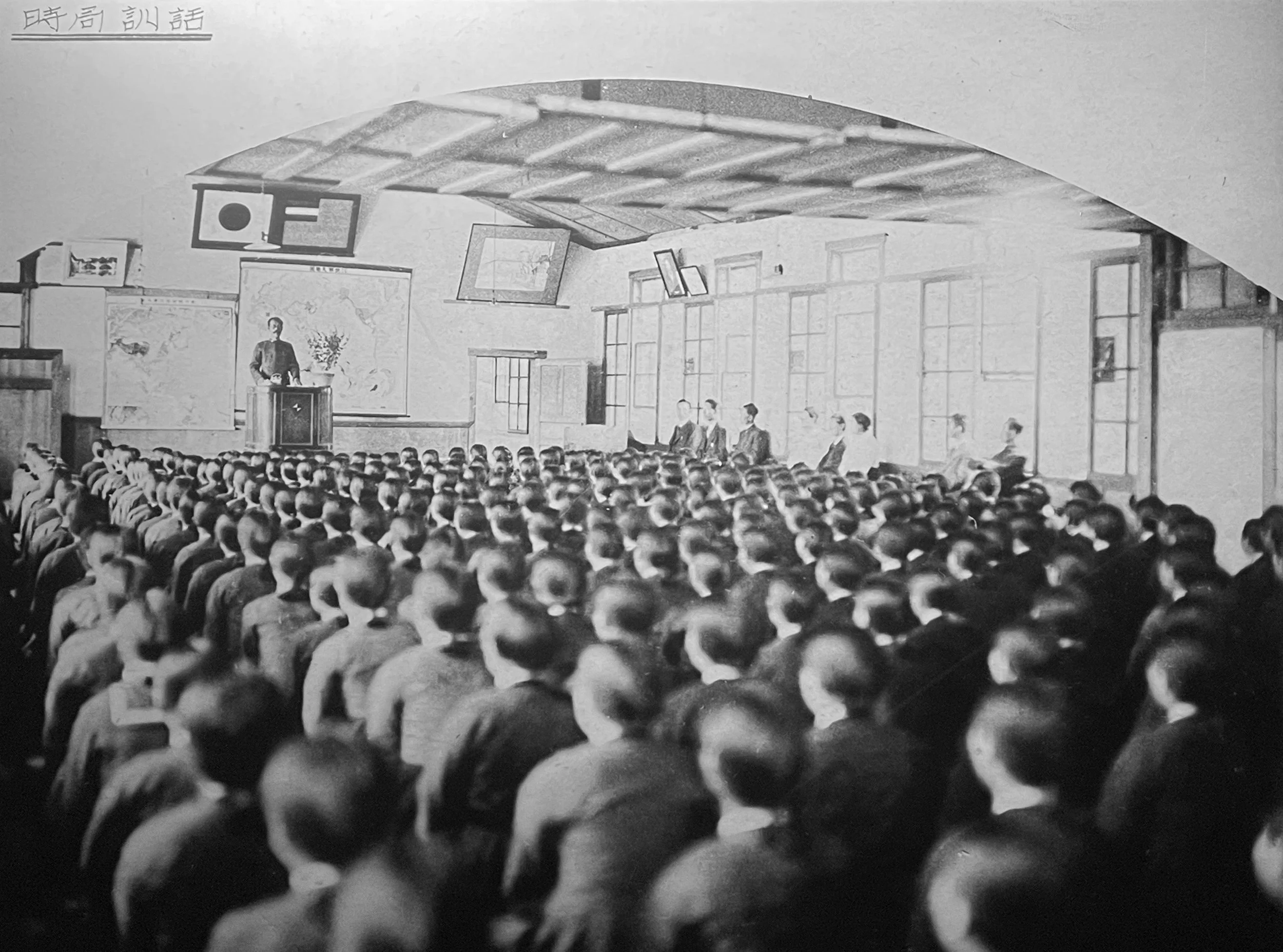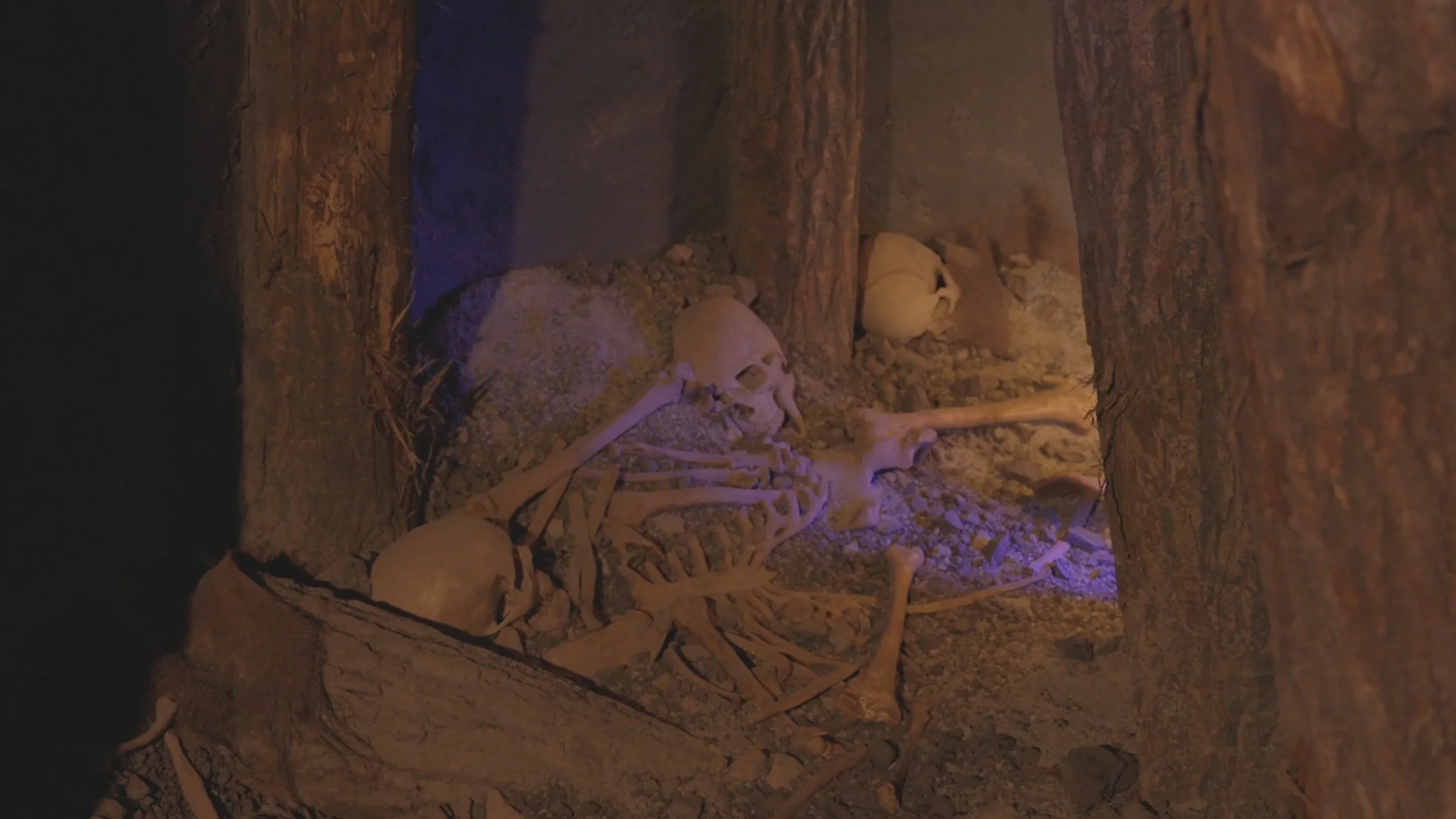
FINDING
XIONGGEN WU
-
Written by Shengxu Jin
Through the incorporation of ethnographic research and oral history, Jin establishes a speculative biography of Xionggen Wu, a Chinese Korean born in Manchuria who was forcefully drafted into the Kwantung Army of the Japanese Military during Japan’s occupation of the State of Manchuria in Northeast China, later becoming the Empire of Manchuria, a puppet state and constitutional monarchy of Japanese Empire after the Mukden Incident in 1931. After the defeat of Japan in WWII, Wu was taken captive as a prisoner in the Siberian war camp by the Soviets. When he was later returned to China in 1949, Wu was accused as a national traitor and Soviet spy with no conspicuous evidence.
Conceivably, due to ideological and legislative conflicts, Wu’s personal histories and biographies are undocumented in any native Mandarin media outlets and were largely unknown to the general public prior to the publication of Return from Serbia: A Japanese Life in War and Peace, 1925-2015 by Oguma Eiji, which Eiji documented the life of his father Oguma Kenji, who was also a soldier taken captive in the Siberian war camp that crossed path with Xionggen Wu. In 1996, both Kenji and Wu sued the Japanese government as war criminals. However, the records of the hearing were reserved and unpublished.
Despite traversing borders, Wu’s personal biography lacks a sense of autonomy in the presence of warfare and colonization. His multicultural encounters and sense of identity were obligatory and enforced rather than spontaneous and self-determined. The sovereignty of the state and its revolutions intimately intertwines the empirical sights of Xionggen Wu, how he conceives himself and is conceived by others. Wu’s story is as unique as it is representational to all those stateless bodies whose biographies are lost in the historical amnesia as a consequence of war and conflict of multiple sovereignties.
吴雄根曾是朝鲜人、日本人、中国人,1925年出生于伪满洲国。1931 年 "九一八事变 "后,满洲国成为日本帝国的傀儡国。1945年8月9日,在日本二战投降的前六天,吴雄根被强征入伍到日本关东军。随后,因日本的战败,吴雄根被苏联军俘虏到西伯利亚赤塔战俘营,并于1949年遣返回中国。在文化大革命中,他被批为日本关东军反思想分子、苏联间谍与国家叛徒。1992年,吴雄根为要求日本政府索赔战争赔偿而成立的“中国前苏联拘留者协议会”被官方勒令停止,而在同一年,正值中日恢复邦交二十周年,日本天皇访问中国。1996 年,吴雄根起诉日本政府索求战争赔偿,结果以非日本国民无法获得赔偿为由败诉。
他的历史际遇使他的身份始终是强制和被迫性的。然而,在反帝国反殖民浪潮与意识形态极端对立的20世纪东亚,吴雄根个人史中的“不正确性”注定使他不能被任何主体叙事所接纳,也难以作为一个自然的“人”为自己正名。讽刺的是,一位叫做小熊谦二的日本人将自己的赔偿金的一半送给了吴雄根,并与吴共同将起诉日本政府的官司打到日本最高法院。在《活着回来的男人》一书中。谦二对作者,也是其儿子的小熊英二诉说:“内心一直有股宁静的愤怒···深感历史的真实性已不再受重视了。”
为了探访吴雄根,2023年,我在小熊英二教授的帮助下,从韩国KBS电视台的导演Kim Manjin那里获得了吴雄根的住址。遗憾的是,在根据住址探访到住所后,得知吴在疫情前已经去世,他的子女将房子售出后搬去了韩国。因此,寻找作为个体的吴雄根无疑宣告终结。 不过在寻找吴雄根的过程中我逐渐意识到,与其说我在寻找一个明确的对象,不如说是在重访那些因殖民、战争与意识形态冲突而在历史失忆症中从未愈合过的伤口。然而,在记忆的荒野里,还有太多的真相遥不可及。
-
Description text goes here









